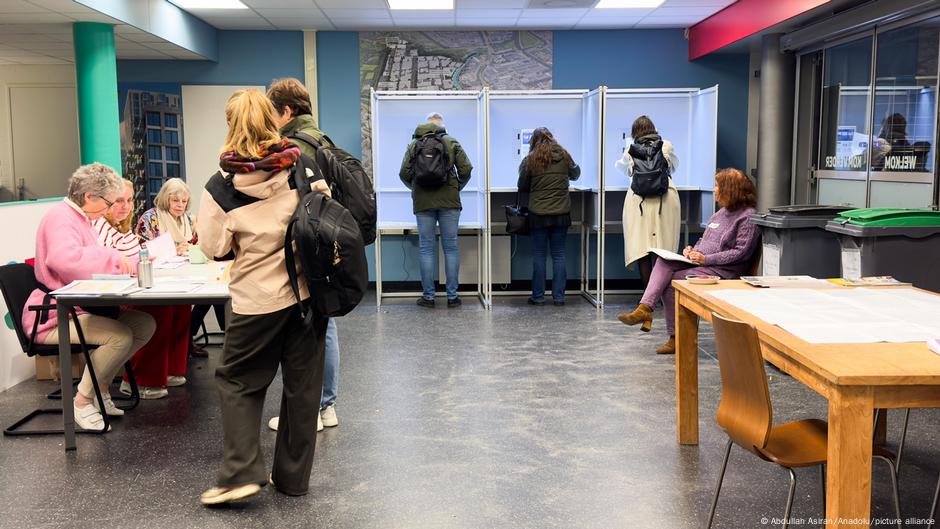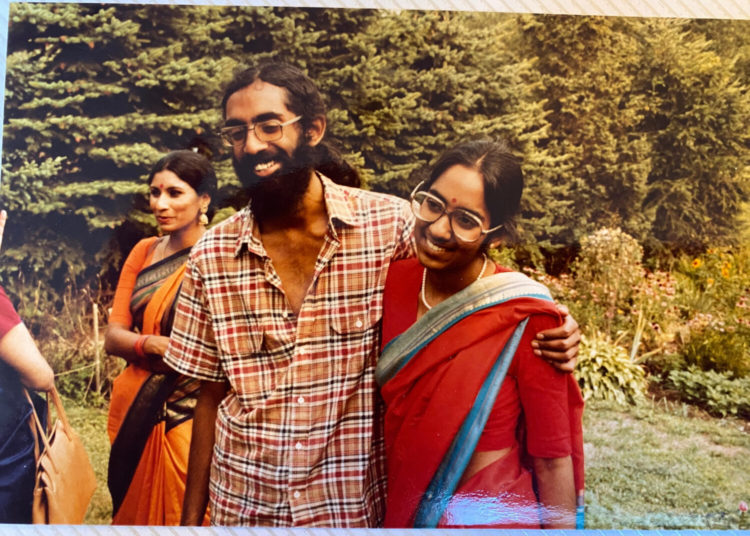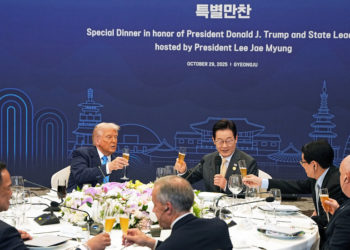The Netherlands began voting Wednesday in a tightly contested national election seen as a major test for the far right’s strength across Europe.
Polls suggest and his Freedom Party (PVV) hold a narrow lead over centrist rivals, with the field split four ways.
What’s at stake in the Dutch election?
The vote could determine whether Dutch voters double down on Wilders’ anti-immigration platform or steer back toward the political center after two years of unstable conservative rule. His previous coalition collapsed in June when he withdrew support over disputes.
Wilders, who calls himself the “Dutch Trump,” has campaigned on denying all asylum applications — a move that would breach EU treaties — and redirecting development aid toward domestic spending. “People are fed up with mass immigration and the change of culture,” he told the AFP news agency ahead of the vote.
Wilders’ chances of becoming prime minister appear slim. All major parties, including the center-right People’s Party for Freedom and Democracy (VVD) and conservative Christian Democrats, have ruled out governing with him.
“It is impossible to tell right now who might win the elections because there are four parties tied for first place,” Sarah de Lange, a political scientist at Leiden University, told AFP.
Polling stations opened before dawn to accommodate commuters, with the first reliable exit poll expected when voting ends at 9 p.m. local time. Nearly half of Dutch voters remain undecided, surveys show, underscoring widespread political volatility.
The PVV faces fresh competition from the Christian Democrats under new leader Henri Bontenbal, who promises stability and “traditional values,” and from the centrist D66, led by Rob Jetten, who has gained ground with a message focused on housing and education.
The Netherlands’ fragmented system ensures no single party will reach the 76-seat threshold to govern alone, meaning lengthy coalition talks are almost inevitable — and the country’s political direction still hangs in the balance.
Why is the Netherlands voting now?
by withdrawing the PVV from a fragile four-party government after a dispute over immigration quotas and family reunification rules, a move that fractured the coalition and forced an early vote.
His performance in the European Union’s fifth-largest economy will be watched as a gauge of how far-right parties are reshaping European politics, with nationalist movements also topping polls in France, Germany, and Britain.
Edited by: Kieran Burke
The post Dutch voters head to polls in test of far-right momentum appeared first on Deutsche Welle.




